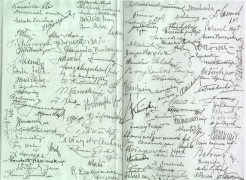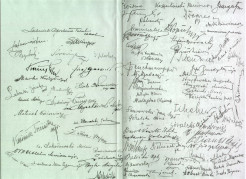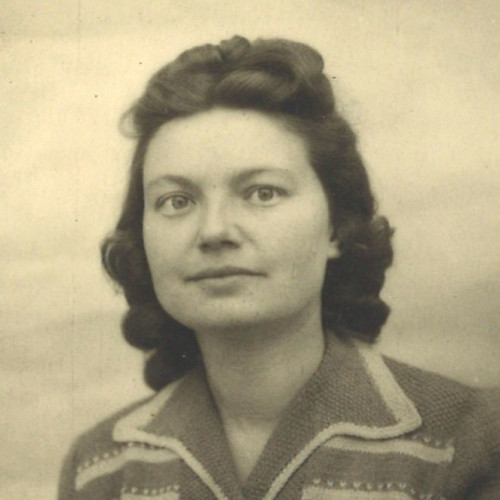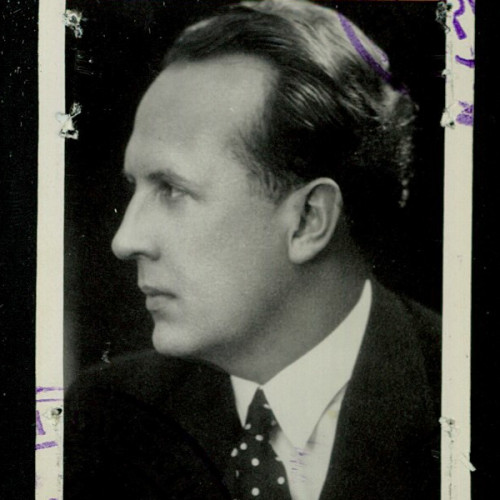gen. Lóránd Utassy (1897— 1974) - Instytut Pileckiego
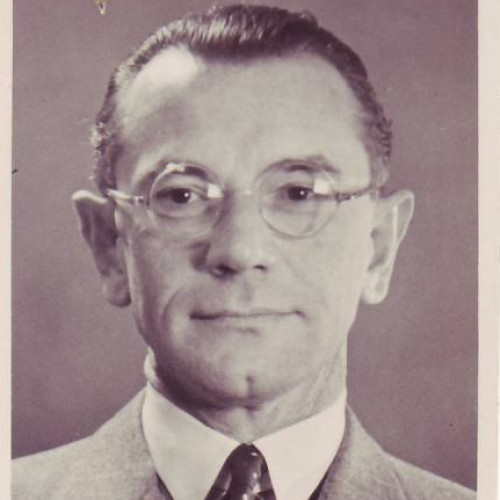
Utassy denied the Gestapo access to the internment camps and refused to surrender Polish soldiers. He also participated in talks with the Red Cross, aiming to establish it as the representation of Poles who had found themselves on Hungarian soil.
On 17 September 1939, the Commander-in-Chief of the Armed Forces ordered Polish troops to withdraw from the territory of Poland, by then occupied by both the Third Reich and the Soviet Union. Those soldiers who crossed the border to the Kingdom of Hungary were interned in POW camps — in spite of Hungary’s alliance with Hitler, the government of Miklós Horthy steadfastly refused to surrender the Polish internees to the Germans. When in October 1943 Lóránd Utassy was appointed head of the 21st Department for Prisoners of War and Internees in the Honvéd Ministry, thousands of Polish soldiers were entrusted to his care. Utassy — a solider and an experienced diplomat who had previously served as his country’s military attaché to London — succeeded Zoltán Baló, who was dismissed after accusations were made by the German embassy that he took part in organizing transfers of Polish soldiers to Western Europe. Despite growing pressure from the Germans, Utassy continued the policy of his predecessor.
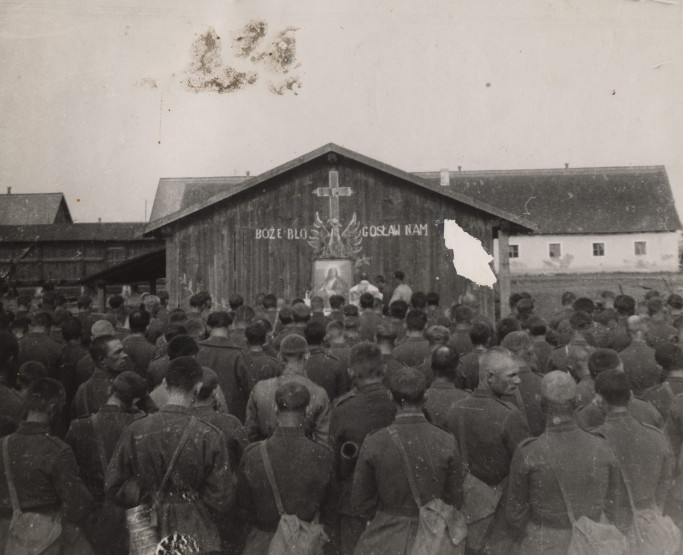
When half a year later the Hungarian fascists assumed power, Utassy was arrested and deported to several German concentration camps in succession. In 1951, the Communist authorities branded him an “enemy of the people” — he was demoted and had part of his property confiscated. He was rehabilitated in 1990 and promoted to the rank of general.
fot. Utassy family collection
See also
- Maria Bazeluk (1903–1956)

awarded
Maria Bazeluk (1903–1956)
During the Second World War, she was living with her husband Petro Bazeluk and their three children near the village of Buteiky. The German policy that sought to take advantage of the dislike of Ukrainians for Poles was beginning to bear bloody fruit.
- Anna Jelínková (1918–2009)

awarded
Anna Jelínková (1918–2009)
During the war the Jelíneks saved more than 40 people: the Jewish families of Fischer and Fronk, the Polish family of Siekierski, Feliks Zubkiewicz, whose loved ones were killed by the Ukrainian Insurgent Army, and the Ukrainian family of Lutsyuk.
- Stefan Jan Ryniewicz (1903—1988)

awarded
Stefan Jan Ryniewicz (1903—1988)
He was the deputy to Aleksander Ładoś. Ryniewicz’s role was to provide diplomatic security to the whole operation.
